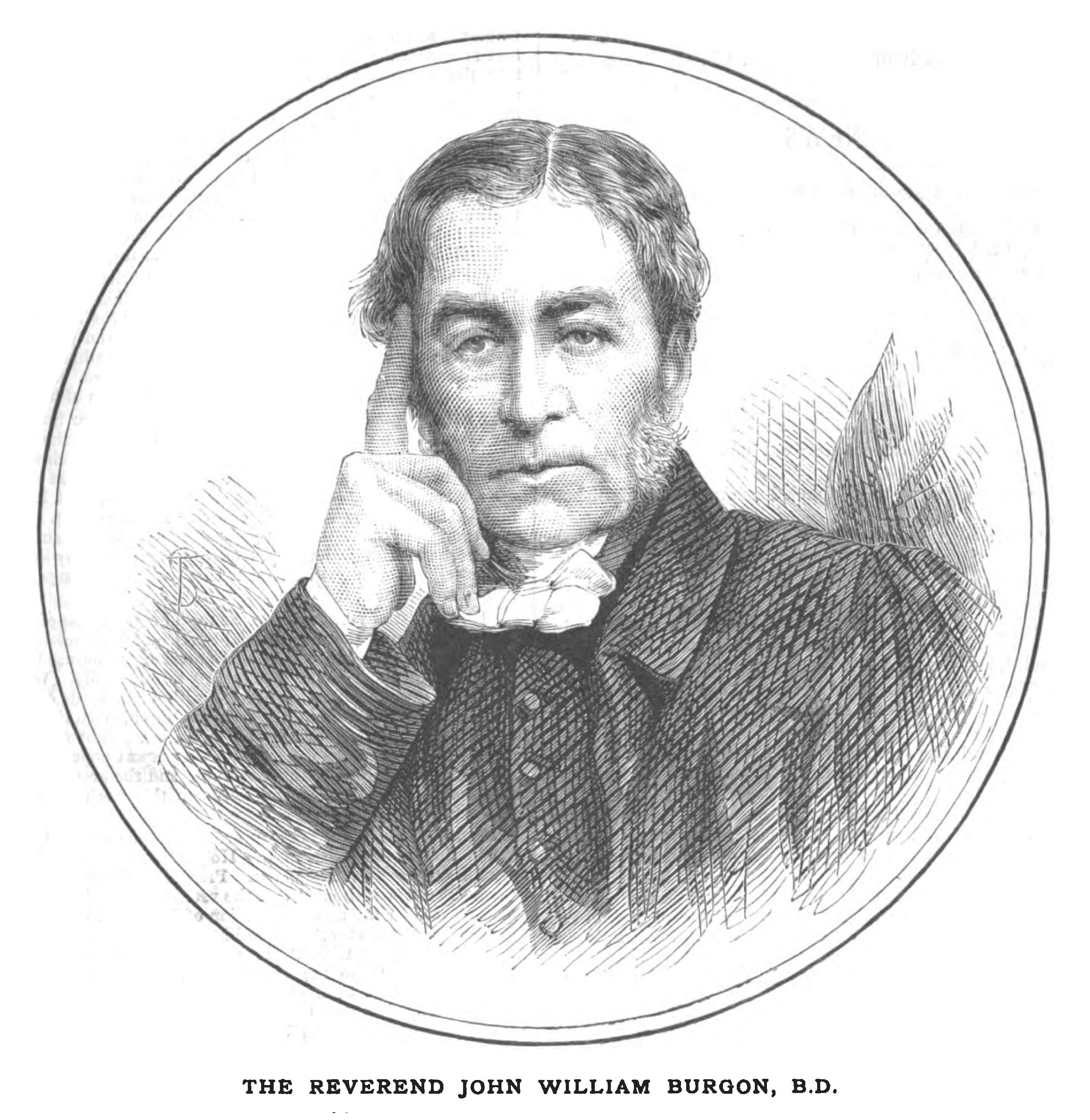|
Henry John Rose
Henry John Rose (3 January 1800 – 31 January 1873) was an English churchman, theologian of High Church views, and scholar who became archdeacon of Bedford. Life Born at Uckfield, Sussex, he was a younger son of William Rose (1763–1844), then curate and schoolmaster in the parish, and afterwards vicar of Glynde, Sussex; Hugh James Rose was his elder brother. He was educated at Uckfield School by his father, and admitted a pensioner at Peterhouse, Cambridge, on 25 June 1817, but migrated to St John's College on 3 October 1818. He graduated B.A. in 1821, proceeded M.A. in 1824, B.D. in 1831, and on 26 June 1851 was admitted '' ad eundem'' at Oxford. On 6 April 1824 he was admitted to a fellowship at St John's, Cambridge, and held it until April 1838, residing in the college until about 1836 and studying classics and divinity. He became a Germanist and Hebrew scholar, and at a later date mastered Syriac. For a short time (March 1832 to September 1833) he was minister of St E ... [...More Info...] [...Related Items...] OR: [Wikipedia] [Google] [Baidu] |
High Church
A ''high church'' is a Christian Church whose beliefs and practices of Christian ecclesiology, Christian liturgy, liturgy, and Christian theology, theology emphasize "ritual, priestly authority, [and] sacraments," and a standard liturgy. Although used in connection with various Christian denominations, Christian traditions such as High Church Lutheranism, ''high church'' Lutheranism, the English term ''high church'' originated in the Anglican tradition, where it described a churchmanship in which a number of Ritualism, ritual practices associated in the popular mind with Roman Catholicism were used, or as a description of such practices in the Catholic Church and elsewhere. The opposite tradition is ''low church''. Contemporary media discussing Anglican churches often prefer the terms Evangelical Anglicanism, evangelical to ''low church'' and Anglo-Catholic to ''high church'', even though their meanings do not exactly correspond. Other Christian denominations that contain ''high ch ... [...More Info...] [...Related Items...] OR: [Wikipedia] [Google] [Baidu] |
John William Burgon
John William Burgon (21 August 1813 – 4 August 1888) was an English Anglican divine who became the Dean of Chichester Cathedral in 1876. He was known during his lifetime for his poetry and his defense of the historicity and Mosaic authorship of Genesis. Long after his death he was remembered chiefly for his defense of the Byzantine text-type and continued ecclesiastical use of the traditional Received Text. Biography Burgon was born at Smyrna (now İzmir), on 21 August 1813, the son of Thomas Burgon an English merchant trading in Turkey who was also a skilled numismatist and afterwards became an assistant in the antiquities department of the British Museum. His mother is often said to have been Greek but was in fact the daughter of the Austrian consul at Smyrna and his English wife. During his first year the family moved to London, where he was sent to school. After a few years of business life, working in his father's counting-house, Burgon went to Worcester College, ... [...More Info...] [...Related Items...] OR: [Wikipedia] [Google] [Baidu] |
19th-century English Anglican Priests
The 19th century began on 1 January 1801 (represented by the Roman numerals MDCCCI), and ended on 31 December 1900 (MCM). It was the 9th century of the 2nd millennium. It was characterized by vast social upheaval. Slavery was abolished in much of Europe and the Americas. The First Industrial Revolution, though it began in the late 18th century, expanded beyond its British homeland for the first time during the 19th century, particularly remaking the economies and societies of the Low Countries, France, the Rhineland, Northern Italy, and the Northeastern United States. A few decades later, the Second Industrial Revolution led to ever more massive urbanization and much higher levels of productivity, profit, and prosperity, a pattern that continued into the 20th century. The Catholic Church, in response to the growing influence and power of modernism, secularism and materialism, formed the First Vatican Council in the late 19th century to deal with such problems and confirm ce ... [...More Info...] [...Related Items...] OR: [Wikipedia] [Google] [Baidu] |


